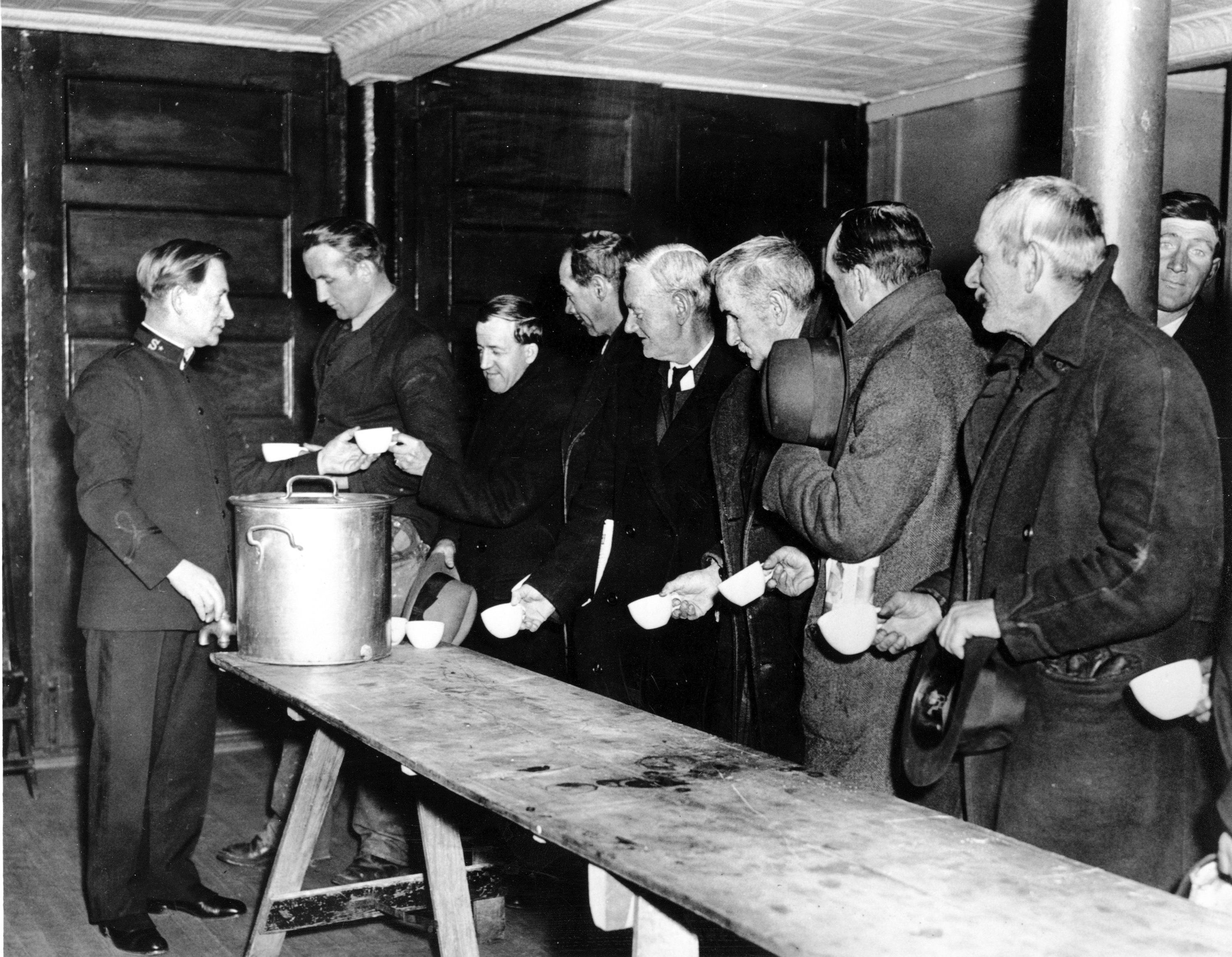
The U.S. economy actually lost jobs in March, after a decade of gains, and the employment situation will likely only get bleaker as the nation remains closed for business to stem the spread of the deadly new coronavirus.
“I mean, it is just so heartbreaking, this data,” KPMG’s chief economist, Constance Hunter, told Yahoo Finance’s “On The Move” on Friday. “What is so especially sad about this is, once workers become separated from their employers, it makes it much harder to restart the economy.”
She added, “We have more social safety nets in place than during the Great Depression, but this is way worse than anything we saw during the Great Depression.”
The jobs report — which showed over 700,000 job losses and an unemployment rate that jumped from 3.5% to 4.4% — does not begin to encapsulate the effects of the pandemic because it only extends through March 12, before the vast majority of the U.S. locked down.
KPMG, one of the big four accounting firms, is expecting at least 8 million job losses for April and possibly closer to 12 million, according to Hunter. For the entire second quarter, it’s expecting 25 million job losses.
The news would come after jobless claims hit a record-breaking 6.648 million for the week ending March 28, doubling the previous week’s number, and eclipsing the record before that of 695,000.
In describing the recent and expected losses as worse than the Great Depression that began in 1929, Hunter noted, “We didn’t have a sudden drop off the cliff like this.”
‘There will be more friction’
To be sure, the causes of the current crash are very different from those that spiraled the U.S. economy into a prolonged and devastating downturn in the 1930s. The Great Depression was preceded by a stock market bubble in the ‘20s, and a crash in 1929, and followed by massive bank failures as Americans scrambled to protect their cash. This downturn, meanwhile, was sparked by the mass closure of businesses, at least some of which will eventually re-open.
“Firms that have had to fire workers are probably going to go back to many of their same workers and rehire them — but of course there will be some friction and some sorting, as many people don’t go back to the same employers,” Hunter noted. “We do expect a restart but we don’t expect that restart to be as seamless as it could have been had people been able to remain employed at their existing employer.”
In the meantime, the unemployment rate will likely go much higher before the economy recovers. Economist Justin Wolfers estimated in The New York Times on Friday that the actual unemployment is around 13%, and last week the St. Louis Fed made headlines when it predicted the coronavirus pandemic could lead to a 32% unemployment rate. To put that number in perspective, unemployment in America peaked at 24.9% in 1933, when the U.S. economy was in the throes of the Great Depression.
KPMG’s Hunter and the folks at the St. Louis Fed are not the only economists with a dim outlook on how the coronavirus crisis could play out. Harvard economist Kenneth Rogoff told The New York Times this week that the 2008 financial crisis was a “dry run” for the current, pandemic-induced downturn.
“This is already shaping up as the deepest dive on record for the global economy for over 100 years,” he said. “Everything depends on how long it lasts, but if this goes on for a long time, it’s certainly going to be the mother of all financial crises.”
Erin Fuchs is deputy managing editor at Yahoo Finance.
Follow Yahoo Finance on Twitter, Facebook, Instagram, Flipboard, LinkedIn, and reddit.
Find live stock market quotes and the latest business and finance news
For tutorials and information on investing and trading stocks, check out Cashay
Business - Latest - Google News
April 04, 2020 at 05:22AM
https://ift.tt/2UEsl2v
Coronavirus job losses 'way worse than anything we saw in the Great Depression:' Economist - Yahoo Money
Business - Latest - Google News
https://ift.tt/2Rx7A4Y
Bagikan Berita Ini















0 Response to "Coronavirus job losses 'way worse than anything we saw in the Great Depression:' Economist - Yahoo Money"
Post a Comment